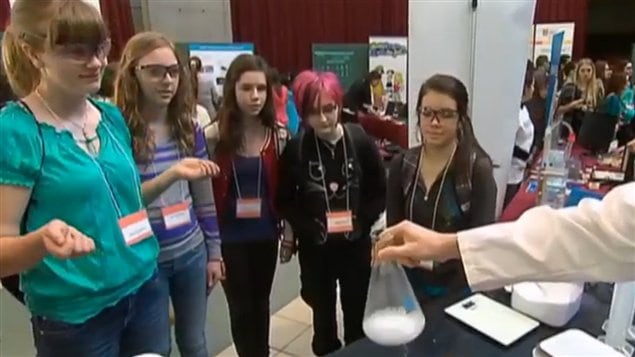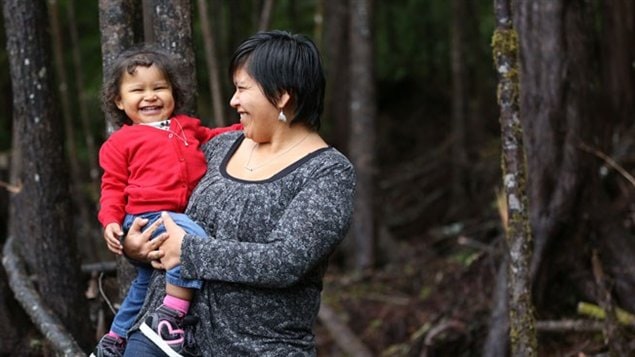The Global Gender Gap Report has been released since 2006 and looks at four measures to determine national gender gaps: economic participation and opportunity, education attainment, health and survival and political empowerment.
Canada moved up one position since 2012, a slight improvement that Anuradha Dugal, National Director of Violence Prevention at the Canadian Women’s Foundation, finds encouraging.
“All of the advances that can be made by women are important to us…, [but] being 20th in the world is maybe not where I would like Canada to be,” she says.
The top four positions are occupied by Iceland, Finland, Norway and Sweden, Nordic countries that have “very strong policies around both political representation and economic advancement”, says Dugal.

Stagnation in political representation
Canada scored poorly, No. 42, in political empowerment.
“There’s a real stagnation in terms of political representation or economic advancement at higher levels [in Canada],” says Dugal, adding that Nordic countries have used political policies as mechanisms to improve representation of women at those levels.
In spite of an excellent ranking in education, No. 1, Dugal says “young women in education and in early employment are facing quite considerable obstacles.”
“We hear about very extreme cases of gender violence and aggression on our college campuses,” she says.
The situation of Canadian aboriginal women is largely responsible to the country’s poor ranking in health, at No. 49.
Dugal says that position is not surprising, “when you look at life expectancy and [the fact that] many, many of the aboriginal communities in northern areas do not have access to regular and sustained health care or basic infrastructures.”
“We have to walk side by side with those women and make sure that they have the same opportunities that we all have,” says Dugal.

Canadian women still living in poverty
A good performance in economic participation and opportunity, No. 9, doesn’t mean that the voice of Canadian women living in poverty is being heard.
“There’s not enough understanding of how to help [single mothers who live in poverty] become economically independent or autonomous, because we haven’t really understood the dynamic between child care and taking care of the family when you are the only parent.”
According to Dugal, economic empowerment could help women engage in political forums and improve “the way in which their concerns are being received.”
In 2014, Dugal hopes Canada will move into the top 15 countries on the rankings of the Global Gender Gap Report.
“Canada has to … take a big jump…, with concerted efforts to reduce women’s poverty, to increase the involvement of women in the STEM educational areas [science, technology, engineering, and mathematics] and to increase women’s leadership,” says Dugal.
Anuradha Dugal, National Director of Violence Prevention at the Canadian Women’s Foundation, talks to Gilda Salomone about Canada’s ranking on the Global Gender Gap Report.
ListenExternal links:
Canadian Women’s Foundation latest ad campaign:







For reasons beyond our control, and for an undetermined period of time, our comment section is now closed. However, our social networks remain open to your contributions.